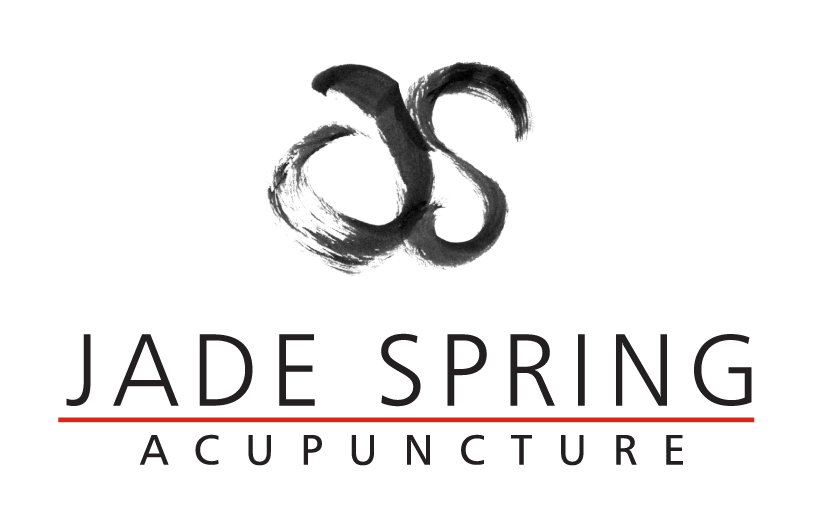Understanding your food cravings
For many of us, January is the time of the year when we refocus on building healthier habits, which often include goals around food. There’s a renewed energy to get a handle on unhealthy eating patterns, and we are determined to overcome all those cravings.
What we might not consider is that cravings can be signals from our body that something is out of balance, and we end up frustrated when we ‘give in’ to them. Here’s a look at how managing cravings isn’t just about willpower but rather requires a holistic approach that addresses many aspects of our lifestyle.
What causes food cravings?
From a western perspective, gut hormones increase or decrease our appetite, and are affected by our diet, stress levels, the quality of our sleep, and how active we are. When these ‘hunger hormones’ are out of balance we might experience cravings. For instance, a lack of sleep can affect hormone levels and increase our appetite, leading to more intense cravings.
From the Chinese Medicine perspective, food cravings also indicate disharmonies within the body. For example, cravings for sweets may indicate a deficiency in the Spleen and Stomach, which are responsible for digestion and energy production. A deficient Spleen may lead to a desire for sugary foods to compensate for a lack of energy. Similarly, cravings for salty foods might point to a kidney imbalance, and desires for fatty or spicy foods can signal stagnation of the Liver system.
Acupuncture and Chinese herbal medicine can help balance the underlying disharmony in the organ systems that contribute to cravings. In addition, your acupuncturist might recommend dietary adjustments that harmonize the body’s internal systems. For example, if a person is experiencing cravings due to Spleen Qi deficiency, it may be helpful to eat more easily digestible, warm, and nourishing foods like soups, or root vegetables, while avoiding cold or raw foods that can further weaken digestion.
In addition to receiving treatment, here are some lifestyle recommendations that can help:
Eat earlier in the day
Your body craves sugar when you’ve had too few calories or not enough nutrient-dense food. That can make it harder to control what and how much you eat as the day goes on, and you will start craving foods that are going to give you a quick burst of energy.
Eat before you are desperately hungry
Hunger is a normal feeling, and you should respond to it in a positive way. If you ignore it for too long, you are more likely to crave empty calories to quickly get your energy needs met.
Reduce chronic stress
Chinese Medicine has always considered the role of stress, anxiety, and unprocessed emotions on health. Overworking or excessive stress can weaken the body's energy, leading to cravings as a means of self-soothing. The Liver, in particular, is closely tied to the emotions, and imbalances and stress can create cravings for foods that soothe or temporarily lift one’s mood.
We know from western medicine that when we’re under stress, our body releases cortisol, which increases our appetite. This natural part of the body’s fight-or-flight response causes the brain to think it needs fuel to fight off what’s causing the stress, and that increases cravings for high-fat, high-calorie foods.
Get enough sleep
When you are sleep deprived you will likely crave sweet, high-calorie foods as a way to access quick energy. You will need to turn to food to keep you going when your body hasn’t properly rested.
Increase your exercise
Research has shown that exercise, especially more intense workouts like strength training, can lower your appetite and therefore help you manage cravings. Exercise can also stabilize blood sugar levels reducing your desire for sweet high-calorie foods.
Eating a balanced diet
In general, focus on a balanced whole food diet including healthy grains, lean protein, lots of vegetables and some fruit. Look for nutrient-dense foods, and include a few servings of healthy fats, like olive oil, salmon, flaxseeds, and avocado each day. Healthy fats and nutrient-dense foods will keep your blood sugar stable and prevent cravings for high-sugar foods because you will feel fuller longer.
Create a list
It might be helpful to have a list of healthy meal and snack ideas that you can turn to when the cravings kick in. Below are some ideas to get you started:
For sweet cravings
Oatmeal with cinnamon, diced apple, walnuts, and shredded coconut
Whole-grain waffles topped with peanut butter and sliced bananas
Spinach salad with balsamic vinegar and roasted salmon, carrots, and sweet potato
A trailmix of raisins and nuts (no M&M’s)
Sliced apple with a sugar-free nut butter
Berries with a drizzle of maple syrup and canned coconut milk
For salty cravings
Smoked salmon and goat cheese on a slice of whole-wheat toast
Baked potato with ground turkey, black beans, salsa, and corn
Lightly salted nuts
Crackers with humus and olives
For spicy cravings
Careful with spicy foods – they should be consumed in moderation
Whole-wheat tortilla with scrambled eggs, sliced avocado, and fresh salsa
Sriracha roasted cashews
Crackers with a few slices of pepper jack cheese (consume cheese in moderation)
Spicy cucumber snack – this recipe looks delicious :-)
Fresh kimchi
A few piece of sushi with pickled ginger and wasabi



